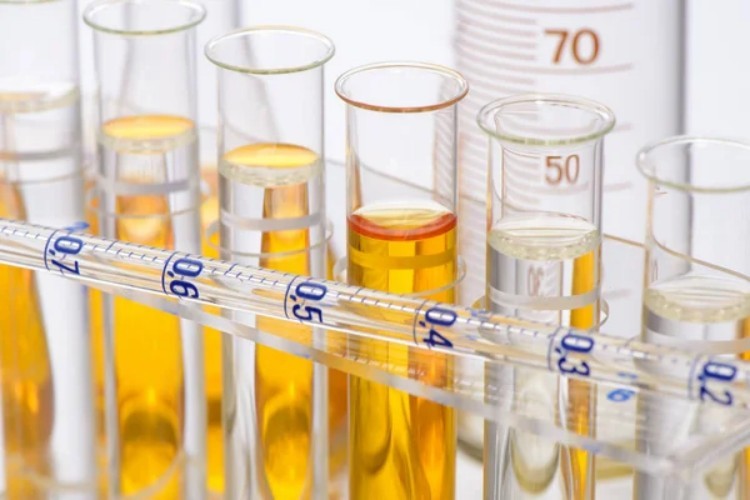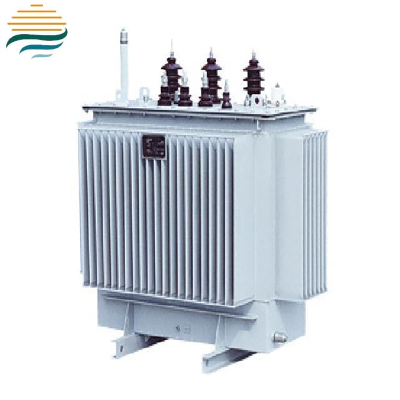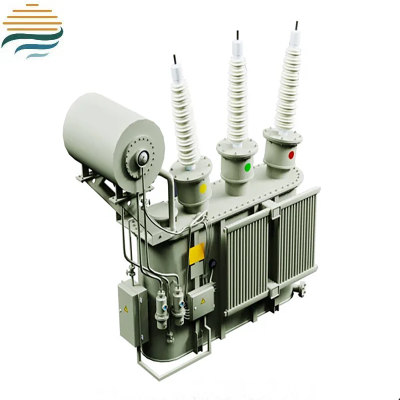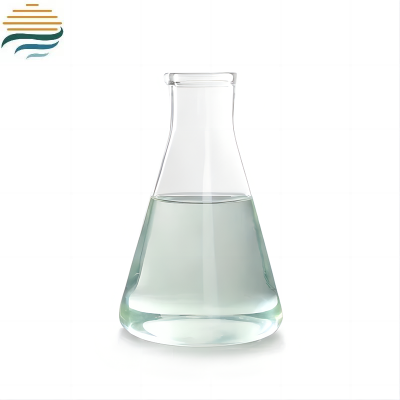Interpreting the latest international transformer oil standards to assist enterprises in compliant production and export
The International Electrotechnical Commission (IEC) recently released the latest transformer oil standards, updating and improving the performance indicators and environmental requirements of transformer oil, aiming to improve the quality of transformer oil, ensure the safe operation of power equipment, and strengthen environmental protection.
The new standard puts forward higher requirements in terms of electrical performance, such as stricter limits on indicators such as breakdown voltage, dielectric loss factor, and volume resistivity. In terms of oxidation stability, it is required that transformer oil can better resist oxidation during long-term use, reduce the generation of sludge and acidic substances, and extend the service life of transformers. In terms of harmful substance restrictions, stricter controls are imposed on environmental harmful substances such as polycyclic aromatic hydrocarbons (PCA) and sulfur content to reduce the potential risks of transformer oil to the environment and human health.
For enterprises engaged in transformer oil foreign trade business, it is crucial to have a deep understanding and follow these new standards. Enterprises need to adjust their production processes and quality control systems in a timely manner, adopt more advanced production technologies and testing methods, and ensure that their products meet international standards. For example, in the refining process of base oil, more efficient hydrogenation technology is adopted to improve the purity of oil products; Optimize the additive formula to enhance product performance. At the same time, strengthen the management of raw material procurement to ensure that raw materials meet the requirements of the new standards.
Products that meet high standards not only help companies enter the international market smoothly, but also enhance their reputation and competitiveness in the international market. When participating in international project bidding and market competition, products that meet the latest international standards will have more advantages and open up broader market space for enterprises. Enterprises should closely monitor the dynamics of international standards, strengthen communication and cooperation with industry associations and research institutions, and timely grasp the latest technology and standard requirements in the industry to adapt to the constantly changing international market environment.





